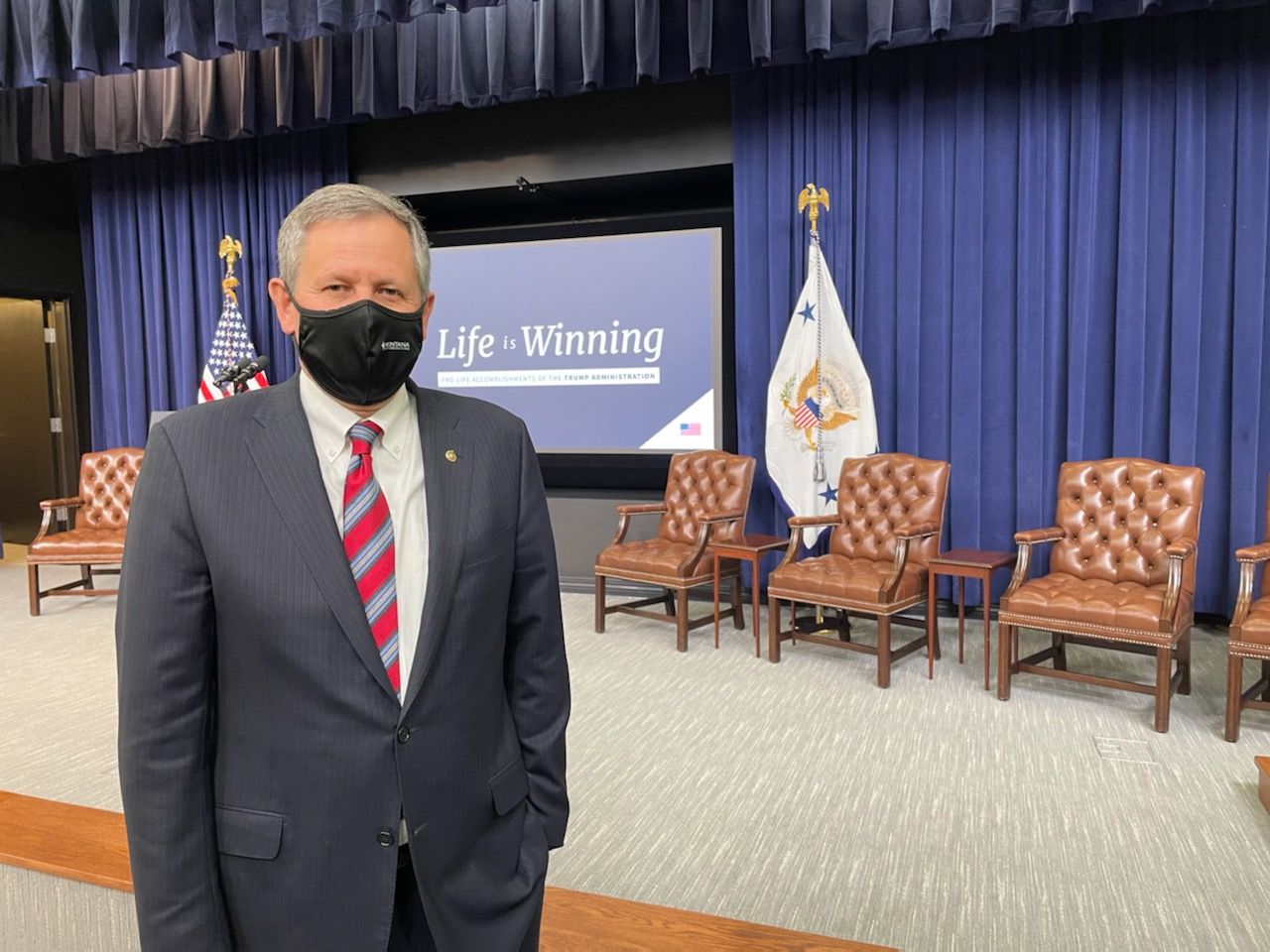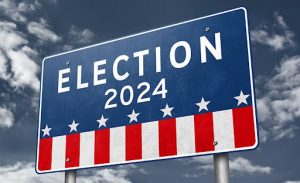Moments after new US President
Joe Biden signed executive orders in which the US will re-join the Paris climate agreement, a group of Republican Senators
called on the 78-year-old to submit his plan of the accord to lawmakers for “review and consideration”, reports Reuters.
The
resolution was submitted by Republican Senator Steve Daines, who argued that
the President should not commit the US to an international treaty without
getting approval from two-thirds of the Senate.
“At
the very least, I urge President Biden to do what the Obama administration
refused to do and submit the Paris Agreement to the Senate for consideration as
required under the Constitution,” Reuters quoted Daines as saying.
Daines
resolution was supported by five other Republicans- John Barrasso, Jerry Moran,
Roger Marshall, Cynthia Lummis and Mike Crapo.
The
call came after the White House Press Secretary Jen Psaki, during her first
press briefing on Wednesday after swearing-in of Biden, said that the President
in a flurry of executive orders passed on the first day in office, has rejoined
the Paris climate agreement.
The Senate chamber has 50 Democrats and 50
Republicans, with Vice President Kamala Harris as a deciding vote.
While
according to experts, President Biden is highly unlikely to seek Senate
approval for the Paris agreement, it would be a sensible call to work for
lawmaker’s support on climate agenda so that the addressal of issues regarding
global warming cannot be sidelined by a future administration.
However,
on Republican’s side, the resolution seems like a step that one again reflects
the deep-rooted political divisions over global the warming policy that would
make Joe Biden’s presidency a task throughout the term as he plans to bring
greenhouse gas emission to net zero by 2050.
Meanwhile,
Antonio Guterres, the Secretary-General of the United Nations, praised and
welcomed US President Joe Biden’s decision to re-enter the Paris Climate Accord
but urged him for adopting an “ambitious” policy to counter the increasing
threat of global warming.
The
US first signed the agreement in 2016, ensuring that the country would reduce
greenhouse emissions by 26-28% from 2005 levels by 2025.
The
then-President Barack Obama refused to present the agreement for the senate
consent citing that it fell under the previously ratified 1992 United Nations
Framework Convention on Climate Change.






